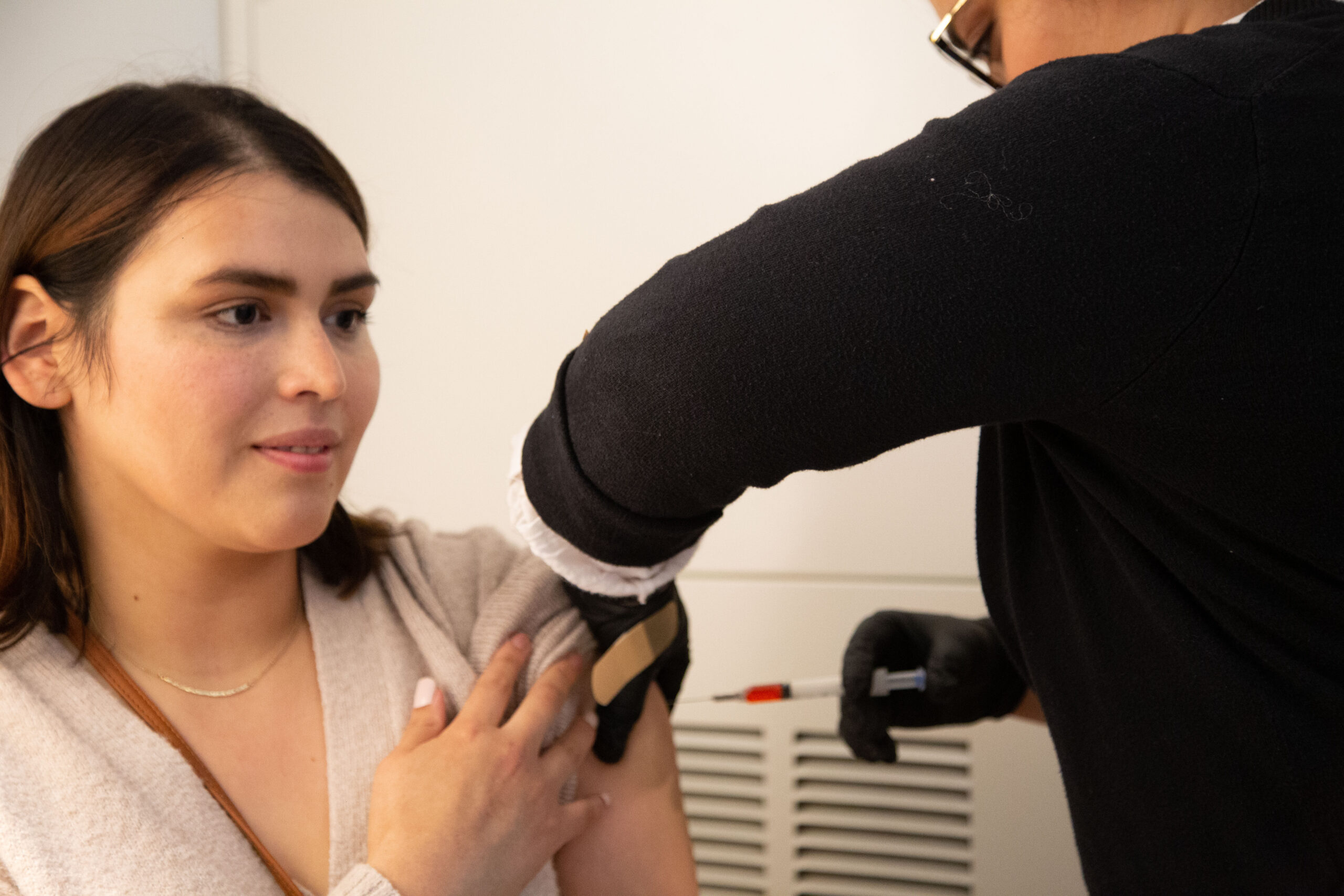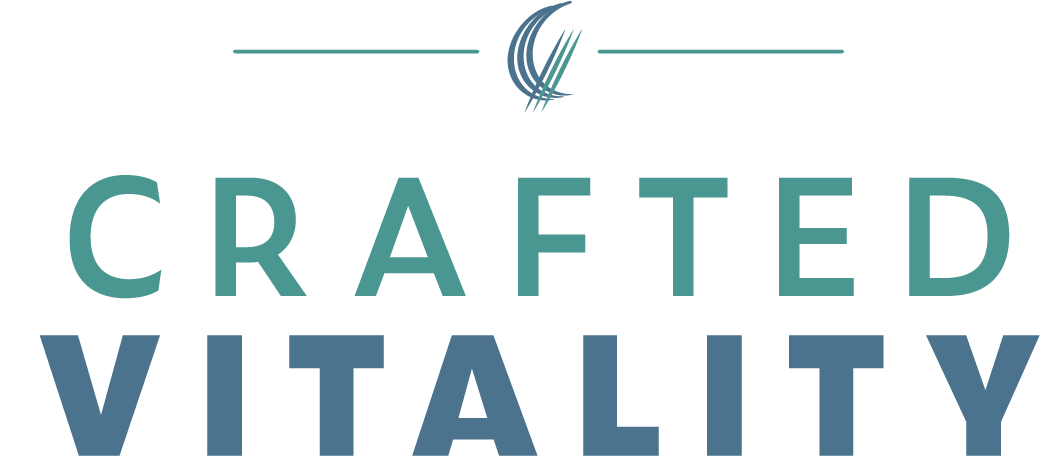
JULIE ANSWERS: DO NUTRITIONAL NEEDS CHANGE AS WE AGE?
Regardless of our current age, we are each on our unique aging pathway and must adapt to our changing body and individual nutritional needs. It’s important to eat healthy at every age, but it’s never too late to start. What are some of the changes we experience?
Decreased calorie needs
Our daily calorie needs are based on height, weight, sex, and physical activity. These needs decrease with age due to less activity, metabolism changes, and loss of bone and muscle mass.1 Eating the same number of calories as you age can lead to extra weight gain.1
Increased nutrient needs
Although calorie needs decrease, our need for some nutrients may increase, making eating a nutrient-dense diet even more important. Here are some nutrients to consider:
- Protein builds muscle mass. The aging process is associated with muscle loss and a decrease in physical activity, leading to weakness and an increased risk of injuries.2
- Vitamin B12 maintains healthy brain function and helps make red blood cells. Medications, surgeries, and alcoholism can lead to reduced stomach acid and decreased B12 absorption.3
- Calcium helps build bones and vitamin D helps our gut absorb calcium. Our ability to produce vitamin D and absorb calcium in the gut declines with age, leading to bone loss and an increased risk of osteoporosis.4
- Fiber may help prevent constipation.5 As we move less and take more medications, our risk of constipation increases.
Decreased thirst
Water is needed for every function in the body. Over time, our thirst receptors become less sensitive, making it harder to detect thirst.6 Our kidneys become less efficient at conserving water, which makes us more prone to dehydration. 6 Additionally, we have a harder time processing alcohol, making us feel its effect more. 6 It becomes more important to make a conscious effort to drink water and moderate our alcohol intake.
Decreased appetite
We also may have unintended weight loss which is associated with poor health outcomes.7 Aging affects our taste and smell which can make foods seem less appealing.7 Our hormones change as we age, so we get hungry less and fuller faster.7 Dental problems, medication side effects, disease, and depression also contribute to our decline in appetite.7
So what can we do?
Focus on healthy dietary patterns and habits and quality foods to nourish your body now. The above nutrients can all be obtained through a diet rich in unprocessed vegetables, fruits, beans, legumes, dairy, seafood, lean meat, and adequate fluids. While it’s important to try to get the right amounts of calories and nutrients from food, supplements may be needed. Consult with a qualified healthcare provider to determine your individual needs and recommendations. Also, healthy eating doesn’t happen in a vacuum. We eat better when the other biological, psychological, and social aspects of our lives are in balance. Maintaining physical activity, mental health, sleep, reduced stress, and healthy relationships with ourselves, others, and food are all important for optimal health throughout life.
References
- https://pubmed.ncbi.nlm.nih.gov/8361073/
- https://www.ncbi.nlm.nih.gov/pmc/articles/PMC5227979/
- https://pubmed.ncbi.nlm.nih.gov/33881359/
- https://pubmed.ncbi.nlm.nih.gov/30915723/
- https://pubmed.ncbi.nlm.nih.gov/23326148/
- https://clinicalnutritionespen.com/article/S1751-4991(09)00093-6/fulltext
- https://www.ncbi.nlm.nih.gov/pmc/articles/PMC4589891/
At Crafted Vitality, we believe when people understand their health, they are empowered to become responsible for their own path to wellness. We also know that health and wellness can be confusing, and our experts are here to help answer your most pressing questions with the most up-to-date, evidence-based information. Please send your questions to: info@omniiv.com.



